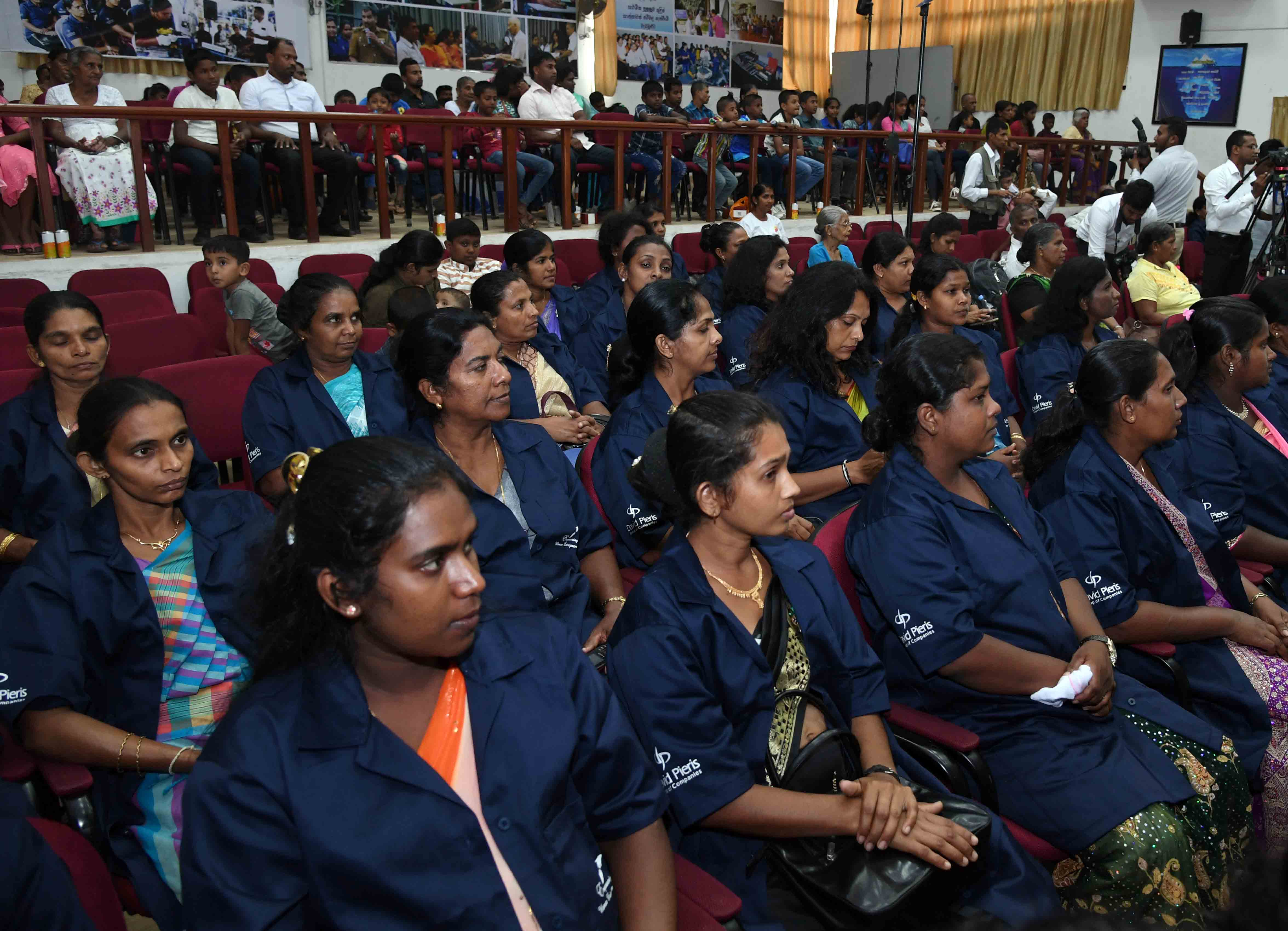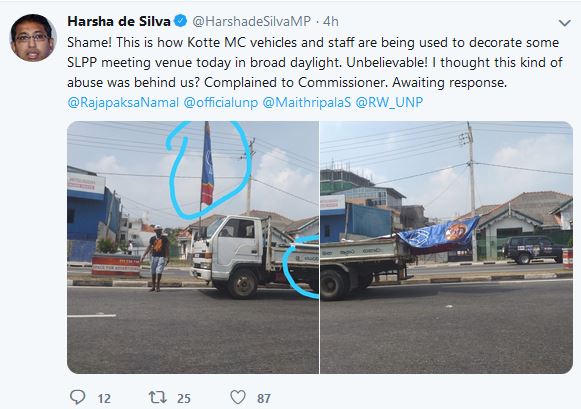News
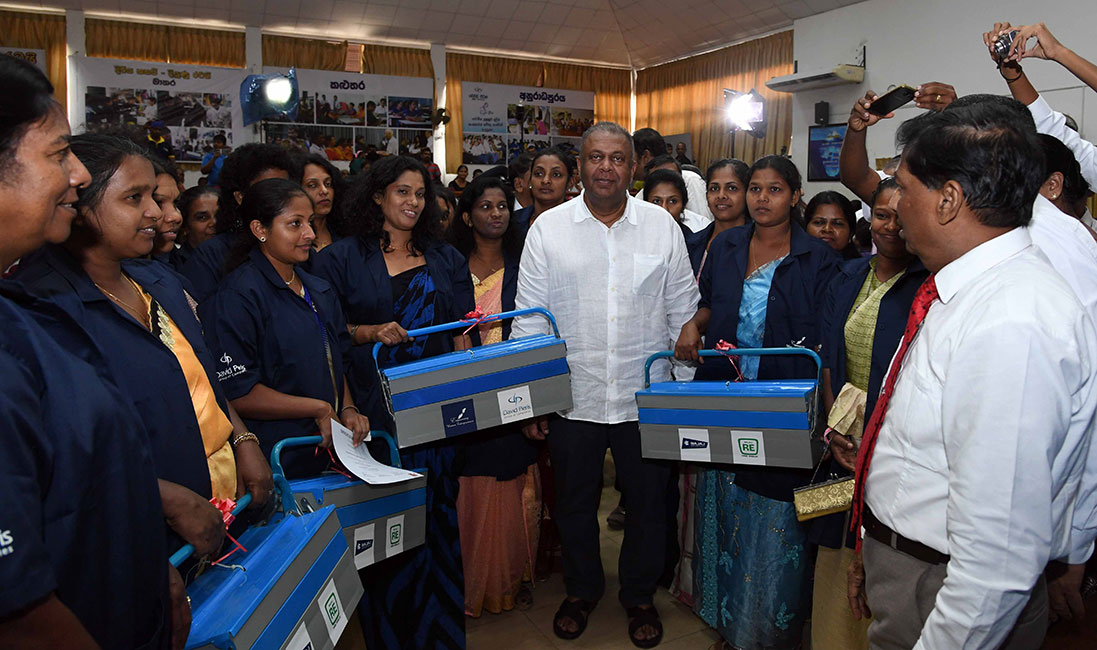
Women's empowerment a top priority: Mangala
Empowering women is one of the main priorities of the government, Minister of Finance Mangala Samaraweera said yesterday at an event held in Matara.
Samaraweera made this remark while distributing certificates and industrial equipment sets to women who had successfully completed technical training under the "Empowering Women through Technical Training" programme that was initiated in Matara and Moneragala districts.
The Minister stated that even though Sri Lanka has the honour of electing the first female prime minister of the world, more often than not, women here had been confined to the kitchen and pointed out the idea that women cannot do mechanical work is an outdated opinion and the government has taken measures to assist the women who would like to receive training in such male-dominated sectors.
"We still treat women as second class citizens. There is this perception that women are incapable of doing what men can do. In the past thirty years, I have been to this very auditorium to distribute sewing machines and household appliances. We are just propagating the stereotype that they belong in the kitchen. But we know that there are women police commissioners in certain countries. Hence, it is abundantly clear that we can no longer limit certain professions to women", he added.
The technical training programme done in collaboration with the Women's Affairs Ministry, National Authority on Road Safety and David Pieris Motor Company (Pvt) Limited saw 64 women pass out as trained technicians in repair of three wheelers.
Samaraweera introduced many proposals to involve women further in the economy through budget 2019, including the government funded maternity expenses in the private sector and further concessions for women led businesses via the Enterprise Sri Lanka credit schemes.
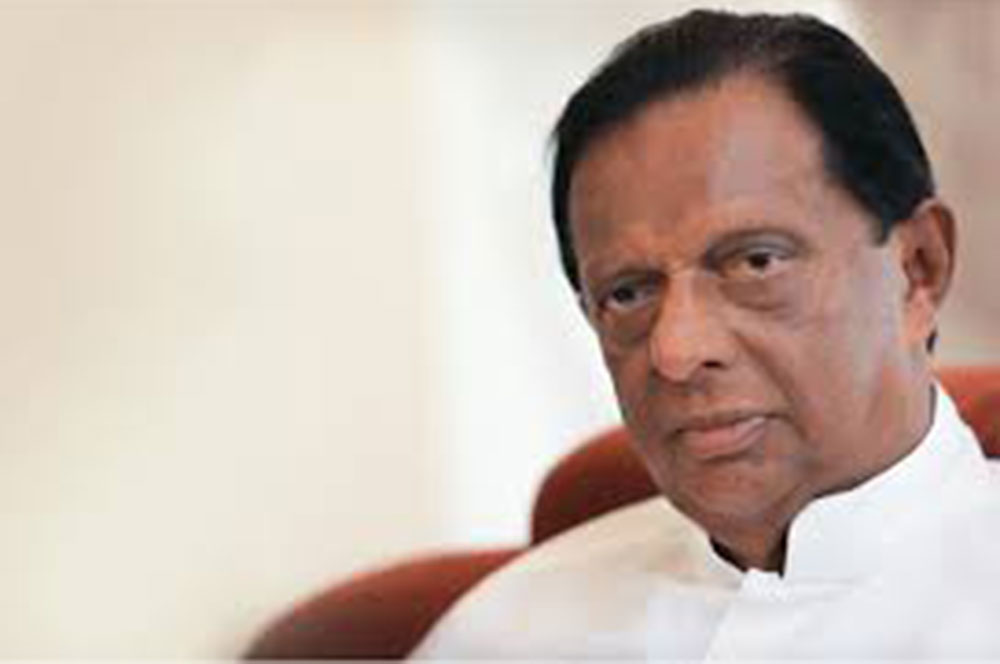
Sri Lanka welcomes more Chinese investment: John Amaratunga
Sri Lanka looks forward to benefiting more from the China-proposed Belt and Road Initiative and is ready to welcome more Chinese investment into the country, Sri Lankan Minister of Tourism Development, Wildlife and Christian Religious Affairs John Amaratunga has said.
The Minister told Xinhua news agency in an interview on Tuesday that Sri Lanka and China shared strong relations and Sri Lanka was one of the first countries to pledge support for the Belt and Road Initiative.
“To start with, Sri Lanka is fully supportive of the Belt and Road Initiative of China. We have no debate on that. We look forward to benefiting more from this policy that China has adopted. “We hope more investments will come into Sri Lanka from China. There are a lot of Chinese companies who are looking to invest here, particularly in the tourism industry. We will gladly welcome all of them and give them all the support and assistance to start their projects here which will help our economy,” Amaratunga said.
A key project of the Belt and Road Initiative, the Colombo Port City being constructed close to the Colombo Harbour by the China Harbour Engineering Company Ltd. has generated employment for hundreds of locals and will attract millions of dollars in investments.
According to Sri Lankan Prime Minister Ranil Wickremesinghe, the Port City will transform Colombo into a financial and trading hub.said a joint venture between Sri Lanka and China to develop the Hambantota Port in southern Sri Lanka had also brought in many benefits to the local economy, boosting Sri Lanka’s image as a maritime hub and lifting the livelihood of many locals.
He added that Sri Lanka looks forward to submitting new proposals at the second Belt and Road Forum for International Cooperation which will be held in China next month. (IANS)
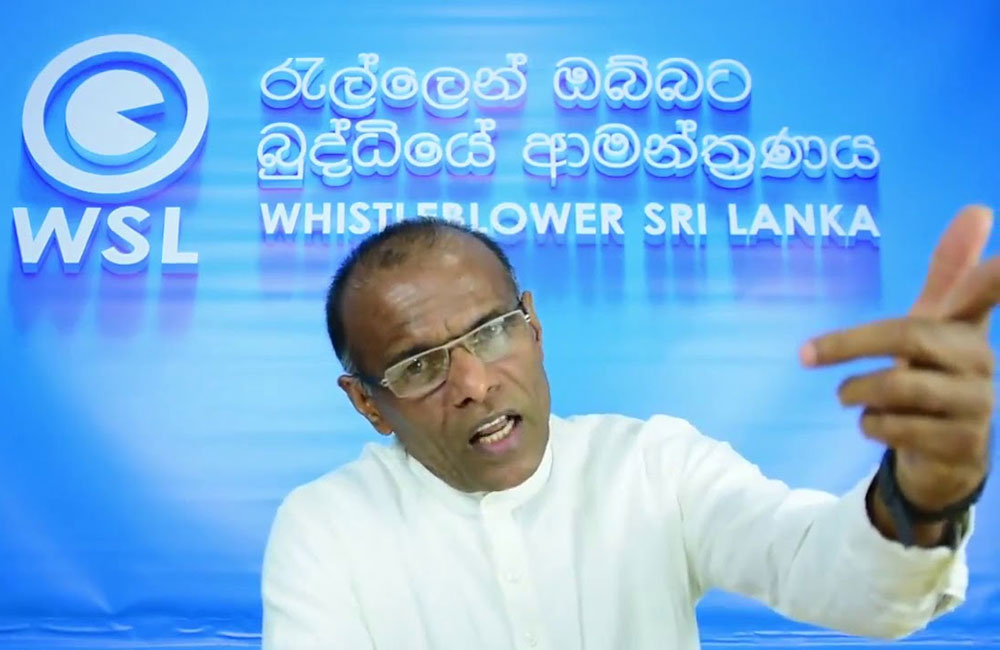
SC bars Nagananda from practising law for three years!
The Supreme Court today issued an order restraining Attorney-at-Law Nagananda Kodituwakku from practising as a lawyer for three years.
The decision was made due to a statement made by Kodituwakku in open court causing inconvenience to former President of the Court of Appeal Justice Vijith Malalgoda.

Revised vehicle taxes only on LCs opened after March 6
The new taxes proposed on motor vehicles through budget 2019 will only apply for letters of credit (LCs) opened after March 6, Finance Minister Mangala Samaraweera said.
The Minister made these remarks at a press conference held at the Ministry of Finance today.
Samaraweera said that many false rumours are being spread by the joint opposition alleging that revised taxes will be imposed on LCs opened before March 6 and reiterated that such claims are incorrect and that they are merely attempting to mislead the public.
He pointed out that in 2018, in spite of an increase in taxes, there was an influx of vehicles into the economy resulting on pressures on the exchange rate. The Central Bank in response announced a 200% cash margin for LCs in September last year to restrict vehicle imports.
“But as I announced in Parliament, this restriction has been lifted since last Friday,” Samaraweera said adding that the prices of some of the smaller vehicles that are used by low income populace as well as electric vehicles have actually come down.
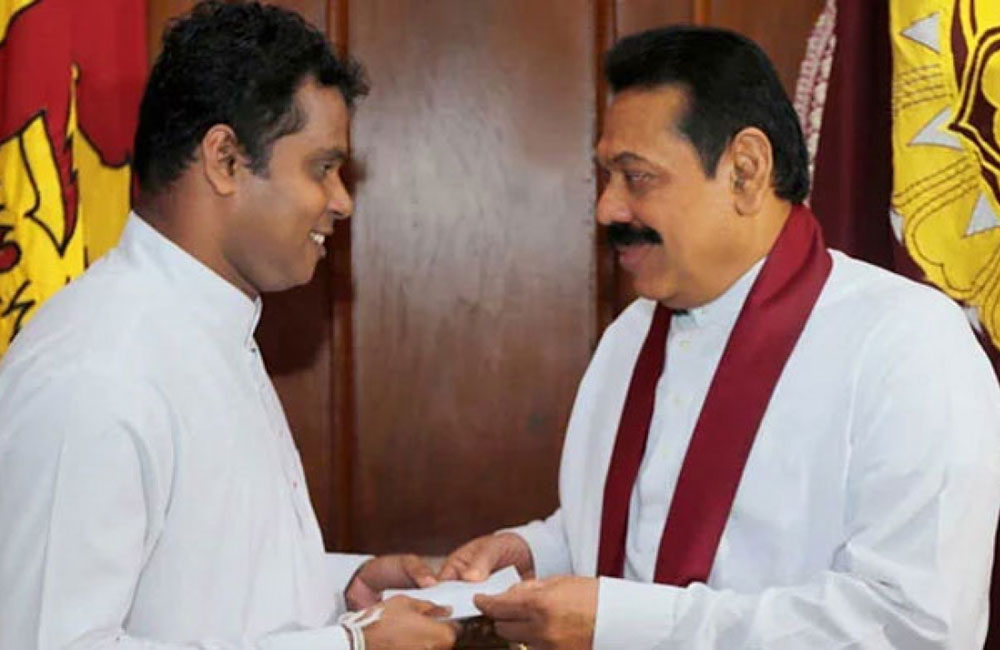
Raththaran gives up politics following child abuse charges!
Pohottuwa politico and Southern Provincial Councillor Krishantha Pushpakumara alias ‘Raththaran’ claims he will resign from his post as a Southern Provincial Council and give up all political activities going forward.
This is in the wake of the Southern Provincial Councilor being arrested for sexually abusing a 14-year-old child.
He was arrested on the February 28 by the Akmeemana Police and was granted bail later in the day after being produced before the Galle Magistrates Court.
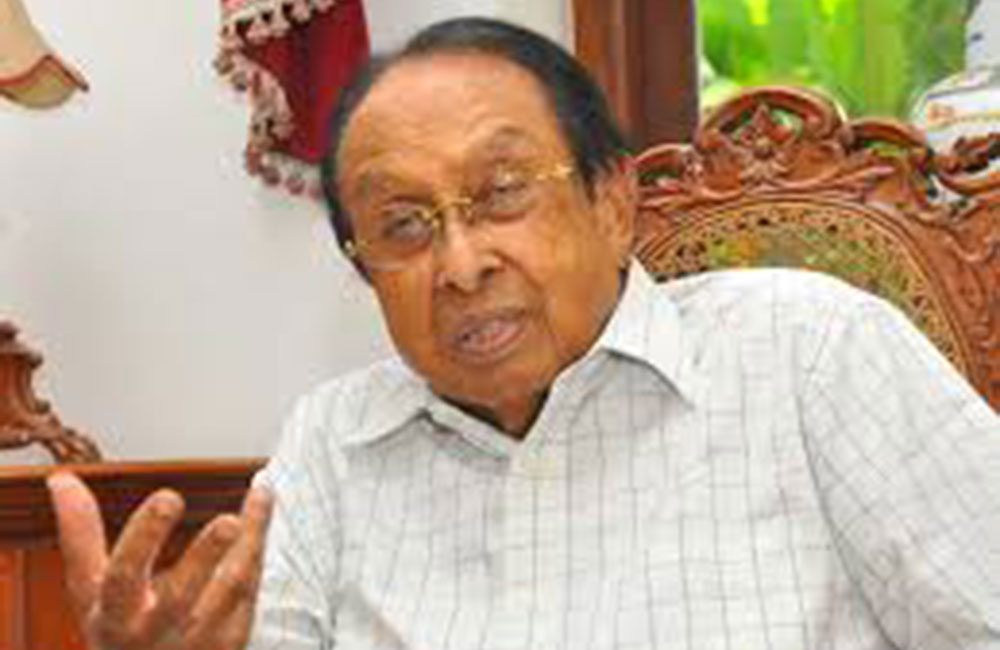
Khema's Boy has presented a people's friendly budget - Former FinMin Ronnie De Mel
Former Finance Minister and economist Ronnie De Mel yesterday said that Finance Minister Mangala Samaraweera has equalled his record of presenting eleven budgets in Parliament.
He said former President and Finance Minister Mahinda Rajapaksa has missed the opportunity of matching that record.
De Mel also said Finance Minister Mangala Samaraweera has presented a people’s budget for the fiscal year 2019. He said Samaraweera has unveiled a budget that provides an upfront economic stimulus for a progressive economic path while providing various economic concessions to the public.
“According to my conscious, Finance Minister Samaraweera’s budget reflects the people’s needs,” he added.
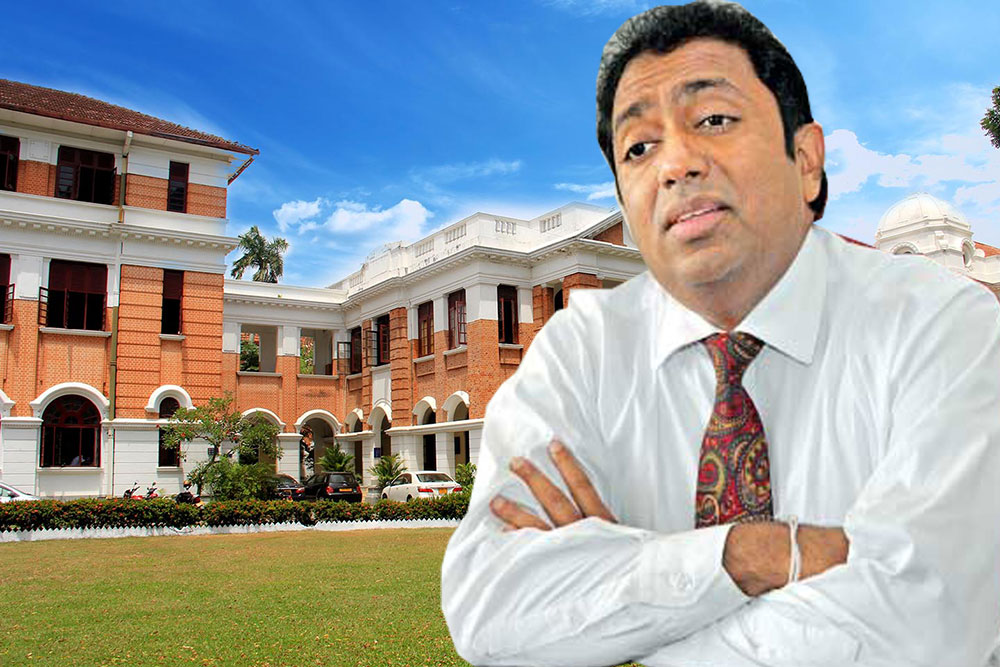
Akila’s Royal vengeance against Royal College leaves old boy’s perplexed!
Old boy’s associations of Royal College are said to be questioning a proposed move to transfer its current Principal B.A Abeyratne and replace him with a novice to the service with little experience.
According to them appointing an individual with just three years experience to the position of principal would harm the reputation of one of the best schools in Sri Lanka and lead to its degradation due to unnecessary political interference.
They have also pointed out that Abeyratne has been conducting his administrative duties satisfactorily and therefore suspect the move to replace has political motivation behind it.
As a result, all Old Boy’s associations are said to be against the decision to transfer Abeyratne and have expressed their readiness to intervene in order to protect the school which they say has nurtured many great individuals including the Prime Minister of the country.
According to them, the Minister of Education who was blocked by the Public Services Commission when he attempted to transfer nearly 60 principals in the country is attempting to further tarnish his good name through this act.
They also allege the decision to transfer Abeyratne was prompted by his refusal to grant the highest honour given as Royal College Sports Colours to the son of an individual who was formerly a Principal of Royal College middle school as requested by Ministry Officials. The former middle school principal is said to be a close confidant of the Minister of Education.
According to sources, the son of the former middle school principal did not have the necessary requisites to receive the colours honour and was, therefore, turned down. They say however acting in a vengeful manner over the refusal to grant him the honour as requested is not fit for a Minister of Education and General Secretary of a leading political party. As a result, the Old boys are respectfully requesting the Minister to not contribute to the downfall of one of the leading schools in the island which would be a national travesty.
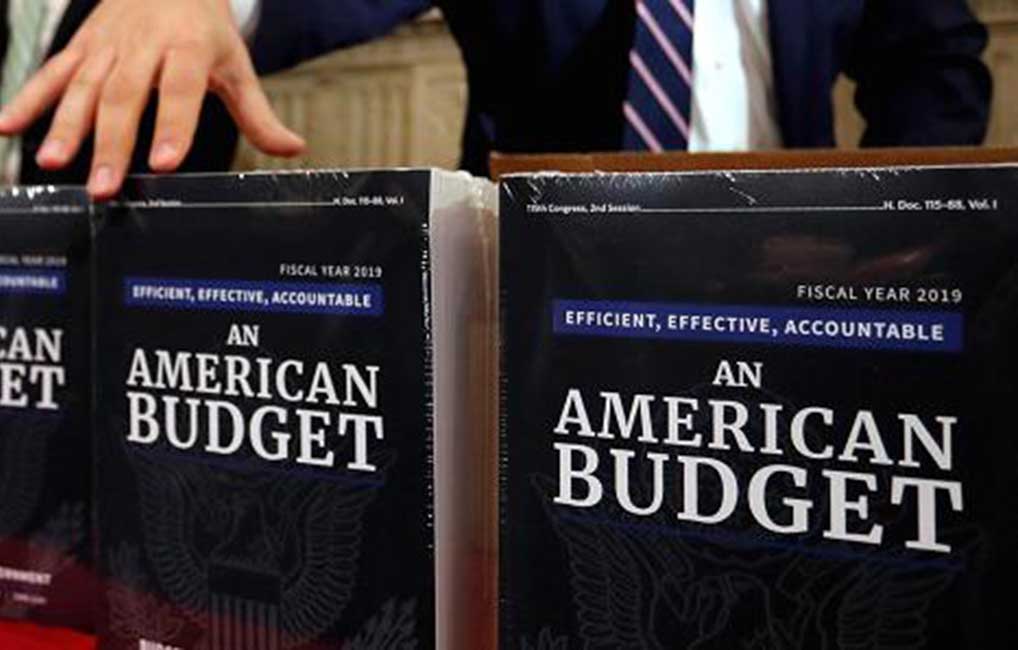
U.S. FY 2020 budget requests $ 32.5 million to support Sri Lanka's economic development
The United States Department of State's FY 2020 budget requests a total of $32.58 million to support Sri Lanka's economic development, demining and border control programs.
The United State President Donald Trump upholding his commitment to protect the country and put American interests first, has requested $40 billion for the Fiscal Year (FY) 2020 Department of State and U.S. Agency for International Development (USAID) budget.
The proposed FY 2020 Budget requests $27.2 million under the Economic Support and Development Fund (ESDF).
Programs under the ESDF will help countries of strategic importance meet near- and long-term political, economic, development, and security needs.
Under the Nonproliferation, Anti-Terrorism, Demining and Related Programs, the FY 2020 budgets seeks $5 million for Conventional Weapons Destruction which include humanitarian demining, small arms/light weapons (SA/LW) destruction, and efforts to improve the safety and storage of conventional munitions stockpiles.
Under the CWD program, the assistance will support efforts to safely and efficiently identify, remove, and neutralize remaining landmines and unexploded ordnance in contaminated areas in north and east Sri Lanka.
The proposed FY 2020 Budget requests $380,000 for Sri Lanka under the Export Control and Related Border Security (EXBS) program.
The EXBS Program is designed to help countries develop and improve their strategic trade and related border control systems. The EXBS Program provides a wide range of technical assistance, from executive exchanges to training workshops to the provision of detection equipment and specialized training for border control and enforcement agencies.
Another $900,000 is requested for International Military Education and Training in FY 2020.
The FY 2020 budget seeks $ 817.8 million under the ESDF to fund core national security objectives across South and Central Asia, including supporting a peaceful resolution to the Afghan conflict and promoting a free and open Indo-Pacific.
"Funding for South Asia will promote sustainable development to resist coercive economic practices and unsustainable debt; support energy generation and markets; and strengthen transparent governance and civil society participation," the Congressional Budget Justification for Department of State, Foreign Operations, and Related Programs said.
Further $124.4 million is requested for South and Central Asia under the International Narcotics Control and Law Enforcement to control narcotics trade and enhance the security and stability in the region.
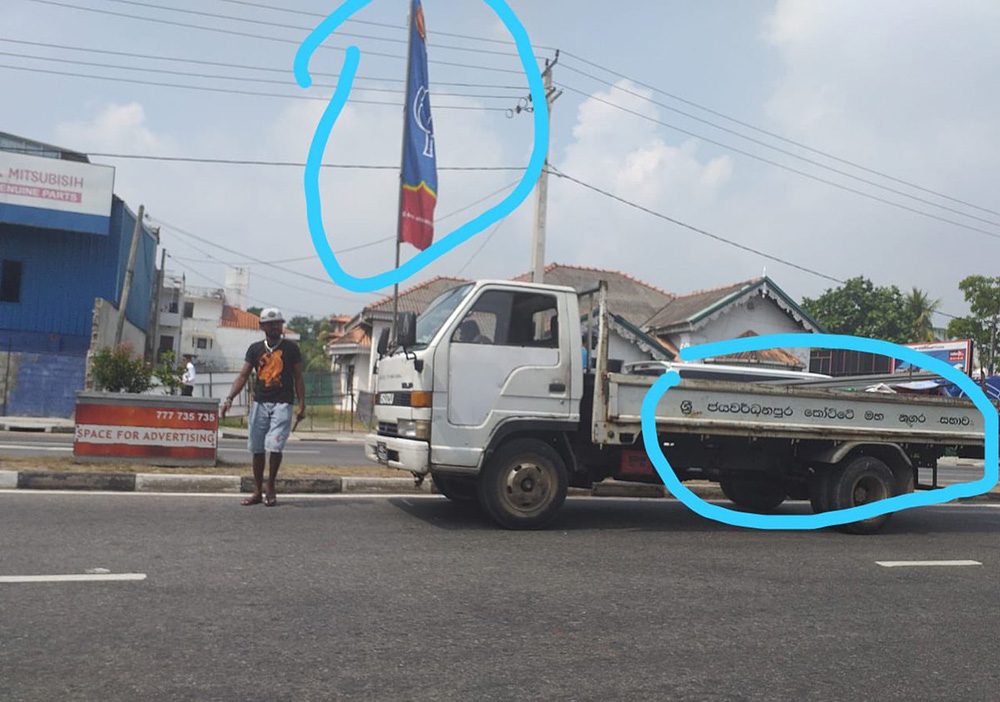
Kotte Municipal Council workers spotted decorating SLPP event
Minister Harsha de Silva said today that workers and vehicles attached to the Kotte Municipal Council are being used to decorate a Sri Lanka Podujana Peramuna (SLPP) event.
De Silva in a tweet expressed his dismay over the incident and said that he has already complained to the Municipal Commissioner and is awaiting her response.
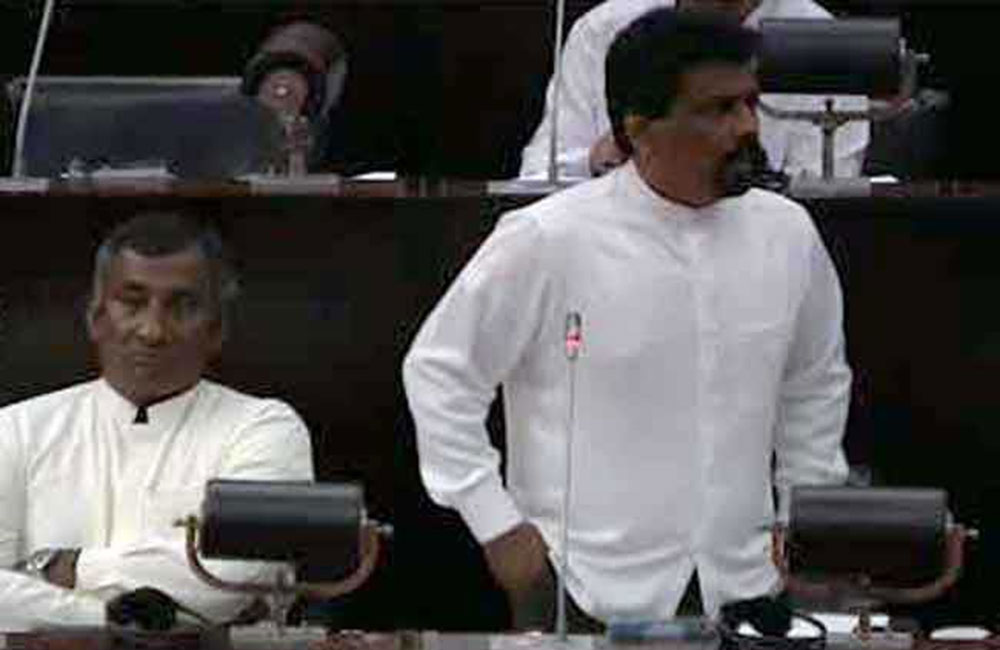
Bribery Commission stalled due to President’s interference : Anura Kumara
Janatha Vimukthi Peramuna leader Anura Kumara Dissanayake has accused the President of being responsible for the stalling of the Bribery Commission.
The MP made these comments during the parliamentary debate held today (13). Dissanayake also said the President must reveal to parliament as to why he removed its former Director General as well.
According to the MP with the Commission not taking action against any politicians it is clear it has been interfered with by the politician.
He also noted that Sirisena has violated the constitution on several occasion which has been proved in the Supreme Court as well.

1000 para tariffs to be removed under liberalisation drive
Sri Lanka is implementing comprehensive unilateral trade liberalisation including the rationalization of para-tariffs which add costs to business and consumers.
At a press conference held at the Finance Ministry on Wednesday, Finance Minister Mangala Samaraweera said that para-tariffs on imports will be phased out over five years, while products related to tourism, manufacturing, and construction will be free of para-tariffs over three years.
Clarifying certain misinterpretation of his 2019 budget proposals, Minister Samaraweera noted that Sri Lanka will abolish para tariffs in around 1000 items but will help domestic industry to reach international markets.
The Treasury is expected to give up LKR 6 billion in revenue with the removal of para-tariffs, he said adding that 10 per cent of all HS codes, considered to be sensitive items, will not be subject to a complete para-tariff phase-out.
“In fact, 1,200 para tariffs have been removed in the last budget and we have committed ourselves to removing all the 3,000 odd para tariffs while gradually phasing it out para to encourage competition and reduce the cost of living,” the Minister pointed out.
Budget 2019 proposes to replace the 2.5 per cent existing stamp duty with 3.5 per cent Nation Building Tax (NBT) on overseas payments using credit cards.
Minister Samaraweera said that this will not affect local online transactions of companies like TAKAS.lk, or WOW.lk.

Sirisena continues to hamper government efforts: Suraksha Insurance at risk!
It has been decided by the cabinet yesterday (12) to discuss the tender granted to a foreign company in order to implement the Suraksha Insurance Scheme at the next cabinet meeting.
According to sources President Sirisena has raised his objections regarding the tender being handed over to a foreign company.
However, Minister of Education, Akila Kariyawasam is said to have explained that the tender cannot be revoked as the scheme meant for students is already in operation.
While a discussion was thereafter held between the President, Minister and Official, it had been decided that a final decision will be taken by the cabinet. However, sources say the issues remains to be in a deadlock with the cabinet being unable to take a decision in this regard at the recently held meeting.
Page 485 of 662

